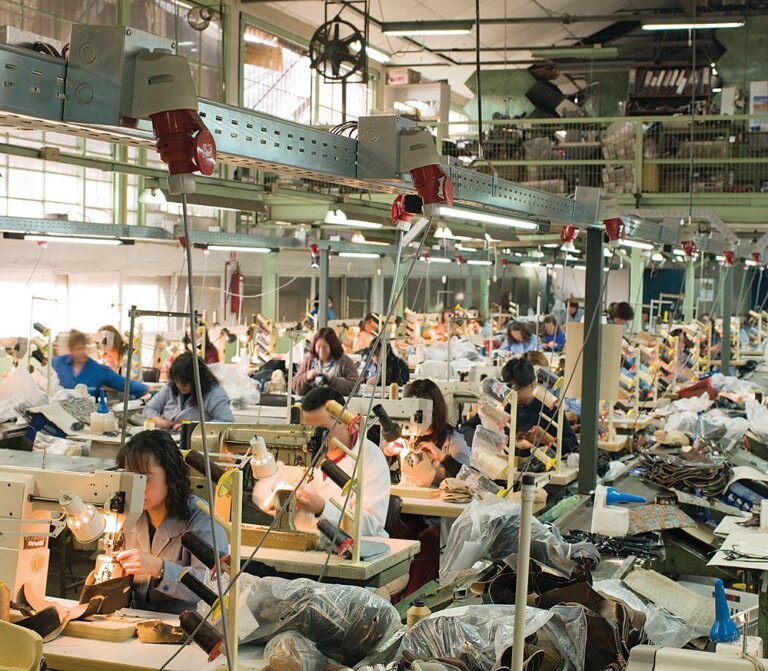
HOUSE Minority Leader and 4Ps Party-list Rep. Marcelino “Nonoy” Libanan expects six remaining regions to issue new minimum wage increase orders before the end of the year, saying faster action is needed to help private sector workers cope with the persistent rise in the cost of living.
Libanan urged the wage boards to “act with urgency” in adjusting pay rates, stressing that minimum wage earners are already feeling the strain of sustained consumer price increases.
“We are counting on the six remaining regional wage boards to promptly raise pay rates and give workers the immediate relief they deserve amid the continuing surge in the cost of living,” Libanan said.
“Every week of delay means further erosion of workers’ purchasing power. Our regional wage boards must move decisively,” he added.
Of the country’s 17 regional wage boards, 11 have already issued new wage increase orders this year as of November 3, according to the National Wages and Productivity Commission (NWPC).
This leaves only six regional wage boards that have yet to implement new wage adjustments. These are:
•Cordillera Administrative Region (CAR)
•MIMAROPA (Region IV-B)
•Eastern Visayas (Region VIII)
•Zamboanga Peninsula (Region IX)
•Northern Mindanao (Region X)
•Caraga (Region XIII)
The most recent wage increase order came from the Western Visayas (Region VI) wage board, which on October 23, 2025 approved a ₱40 adjustment. This raised the region’s minimum wage to ₱550, effective November 19.
Under the Labor Code, regional boards may review and increase minimum wages motu proprio, even without a pending petition, but they may issue only one wage order every 12 months.
Libanan emphasized that higher wages are not only a matter of fairness but are also critical to economic recovery.
“The country urgently needs wage adjustments to revive household consumption spending, which has been weakened by months of wage erosion caused by sustained price hikes,” he said.
“Boosting household spending is essential if we want to strengthen demand for goods and services, accelerate economic growth, and spur job creation in the months ahead,” he added.
Recent data reinforce the urgency. A Pulse Asia survey conducted from September 27 to 30 found that “increasing the pay of workers” ranked as the third most urgent national concern, following inflation control and anti-corruption efforts. Rounding out the top five concerns were fighting criminality and reducing poverty.
On November 7, the Philippine Statistics Authority reported that the country’s Gross Domestic Product (GDP), or total value of final goods and services produced, grew by 4.0 percent in the July to September quarter of 2025.
This was slower than the 5.5 percent GDP growth recorded in the April to June quarter – partly reflecting softer household consumption spending due to diminished purchasing power.





